Astana talks: Iran, Russia, Turkey renew commitment to peace in Syria
The 16th round of the Astana talks aimed at resolving the Syrian conflict concluded on Thursday, with the guarantor states renewing their commitment to Syria’s sovereignty, independence, unity and territorial integrity.
Held in the Kazakh capital of Nur Sultan, the meeting began on Wednesday, with the 17th round scheduled to be held before the end of 2021, taking into consideration the outbreak of the coronavirus pandemic.
The final statement condemned the Israeli regime’s “continued attacks against the Syrian territories, which violate international law and international humanitarian law,” and called for an end to the aggression, Syria's official news agency SANA reported.
The guarantor states, namely Iran, Russia and Turkey, confirmed their commitment to the political process, led and owned by the Syrians and facilitated by the UN, under the UN Security Council Resolution 2254.
The statement firmly rejected “any foreign interference or any artificial timetables for the Committee of Discussing the Constitution in Geneva, asserting the need of supporting it to guarantee its work in a sustainable and effective way.”
It also rejected all unilateral coercive measures imposed on Syria, saying such measures contradict international law, international humanitarian law and the UN Charter, especially in light of the coronavirus outbreak.
The statement underlined the necessity of providing humanitarian assistance for all Syrians around the country without discrimination, politicization, or preconditions.
It called on the international community to facilitate the return of displaced Syrians and refugees to their homeland, in addition to providing the necessary assistance for this issue.
Speaking at a press conference on Thursday, Ali Asghar Khaji, the head of the Iranian delegation, said the Astana talks aim to achieve stability in Syria, and in turn, create favorable conditions to overcome other issues.
“In the final statement of the meeting, we stressed the need to lift the sanctions which exacerbate the Syrians’ suffering and lead to further losses. We also stressed the continuation of the fight against terrorism,” Khaji said.
Alexander Lavrentiev, the head of the Russian delegation, also said he guarantor states have always focused on the need to preserve Syria’s sovereignty and territorial integrity, reach a political settlement to the crisis in the country, and continue the fight against terror organizations until their total elimination.
Lavrentiev noted that the 16th round of the Astana talks focused on the humanitarian situation in Syria, as the participants stressed the need to lift the coercive economic measures imposed on the country.
“Of course, there must be an end to the use of collective punishment methods against the Syrian people, which we consider defective,” he added.
Since the beginning of the Syrian crisis in 2011, Saudi Arabia and its regional and Western allies have supported militants waging a war against the government of Bashar al-Assad. The emergence of Daesh and other terrorist groups in the region are viewed as a result of this support.
VIDEO | Pro-Palestine protesters rally in Melbourne on final day of Israeli president's Australia trip
Gaza genocide's death toll may exceed 200,000: Report
Hamas: Any war against Iran amounts to attack on entire Muslim world
VIDEO | 47th anniversary of Islamic Revolution celebrated in Austria
Breaking with Trump, US House votes to pass bill ending Canada tariffs
Iranians declared their rights and dignity are not for sale: Araghchi
VIDEO | Netanyahu rushes to White House as Iranian leverage grows
VIDEO | Pakistan hosts events on 47th anniversary of Iran’s Islamic Revolution


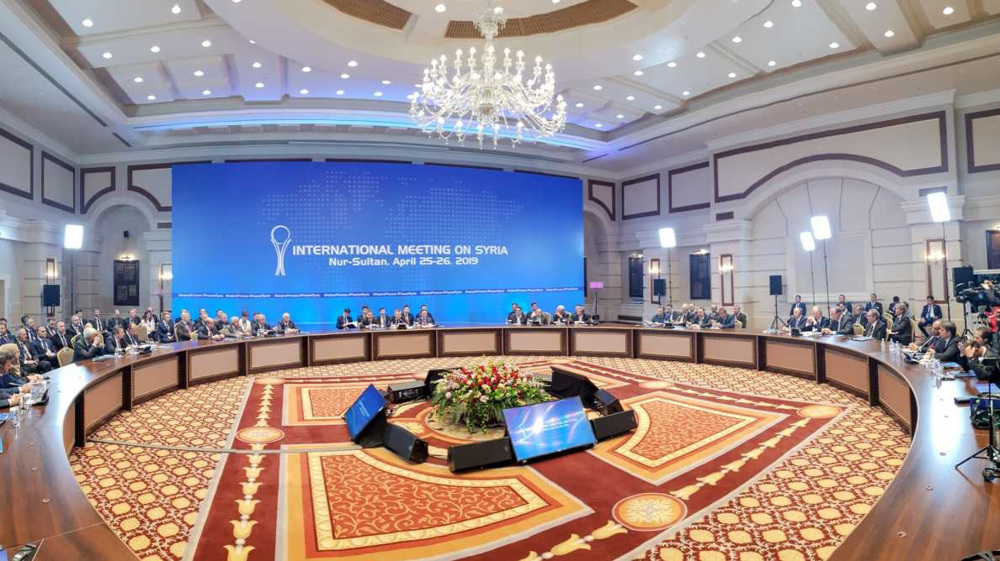
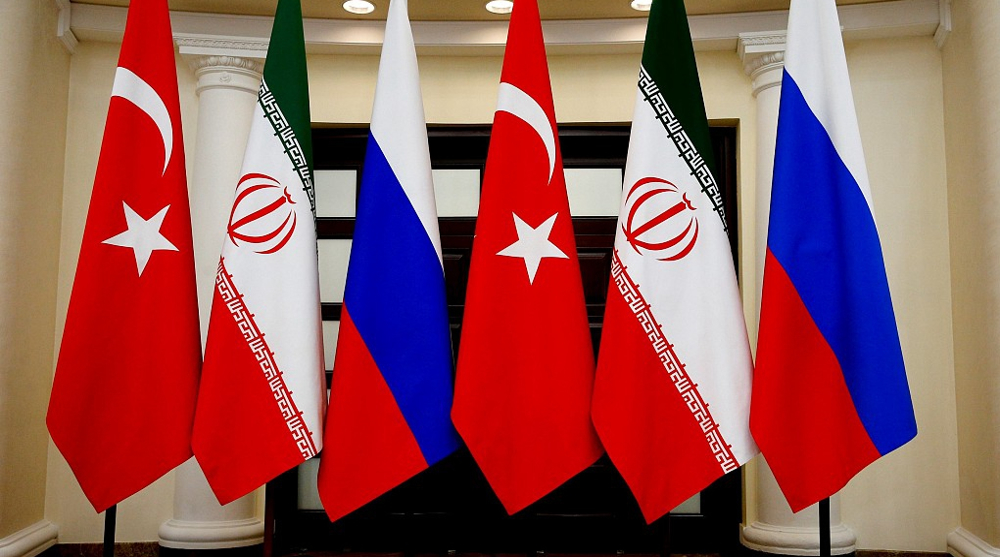
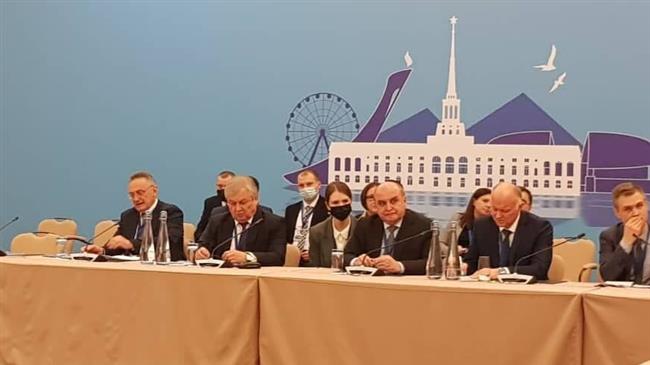
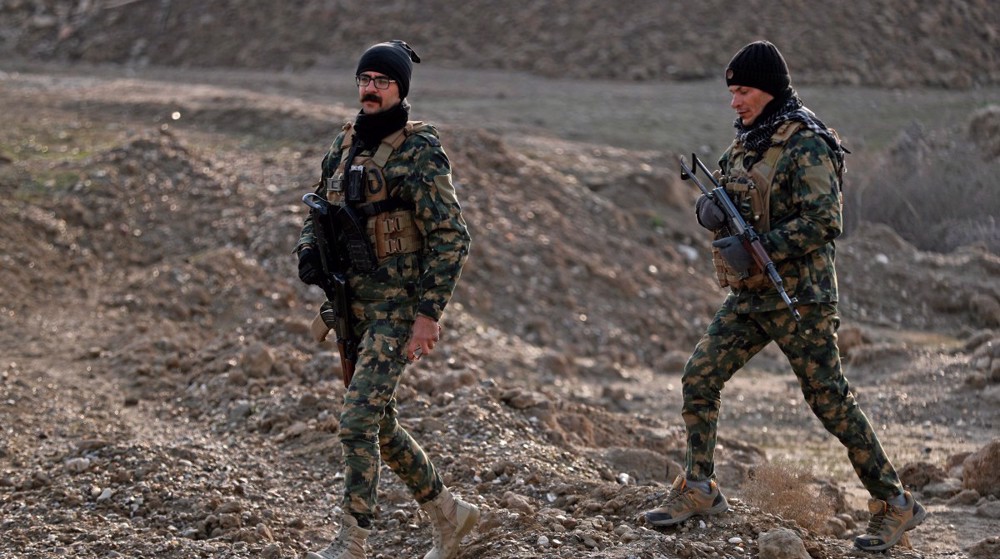
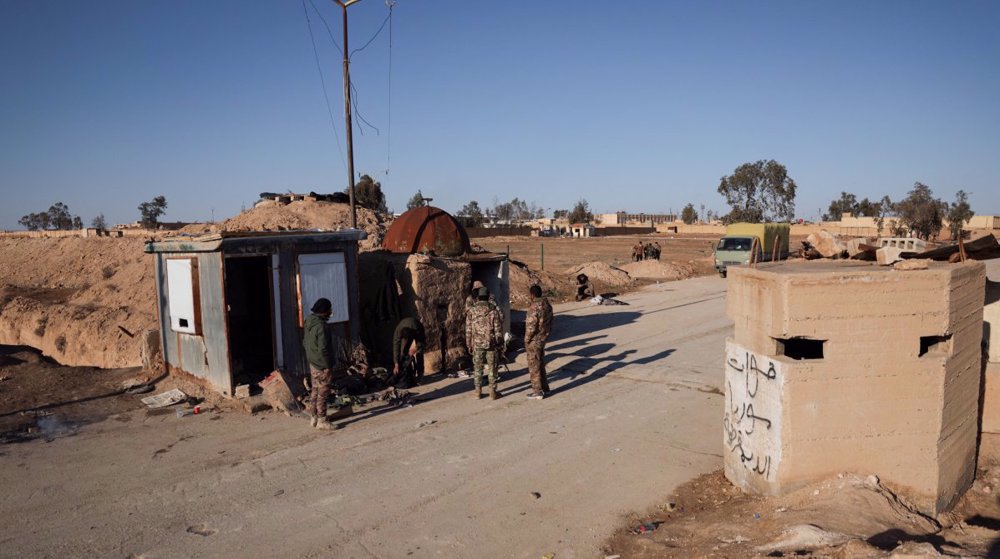
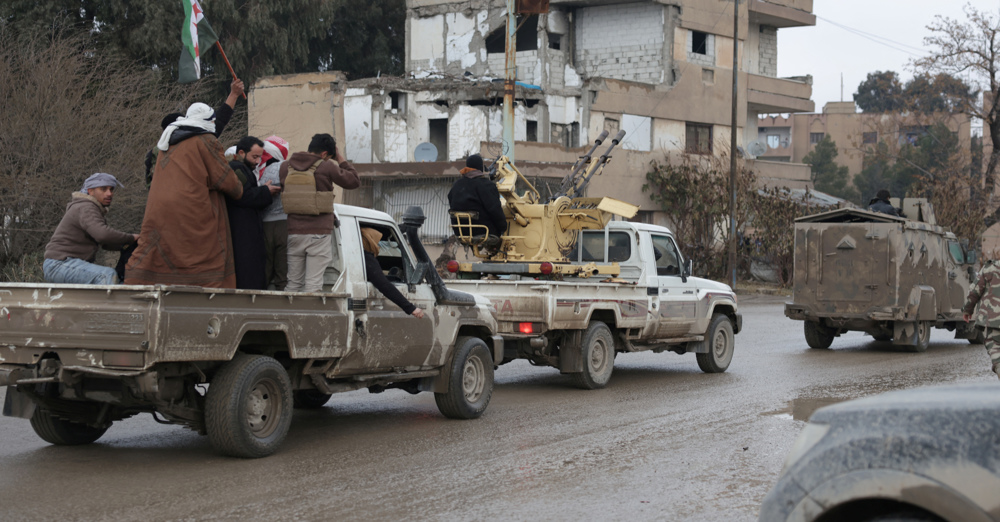



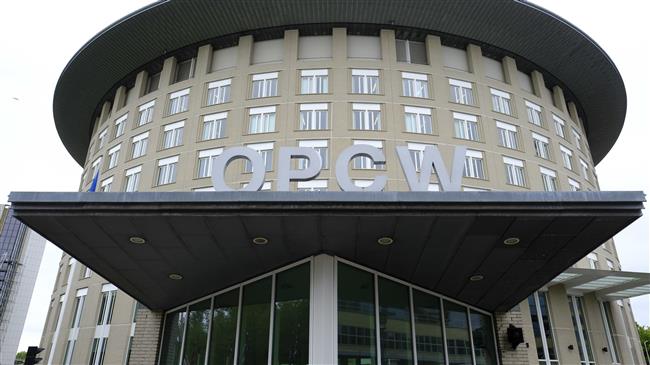
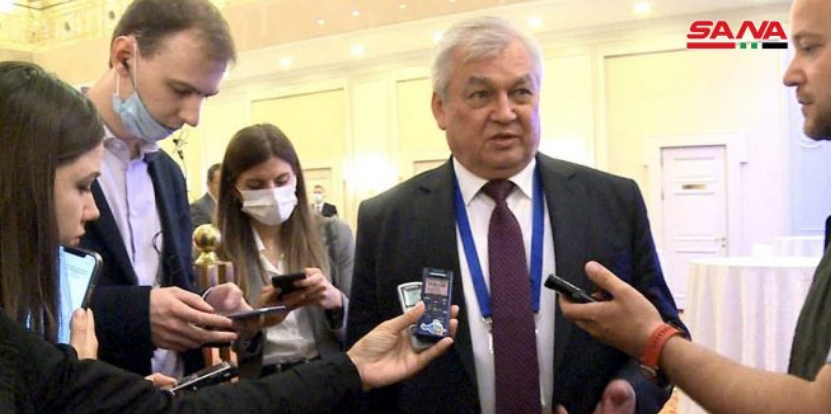
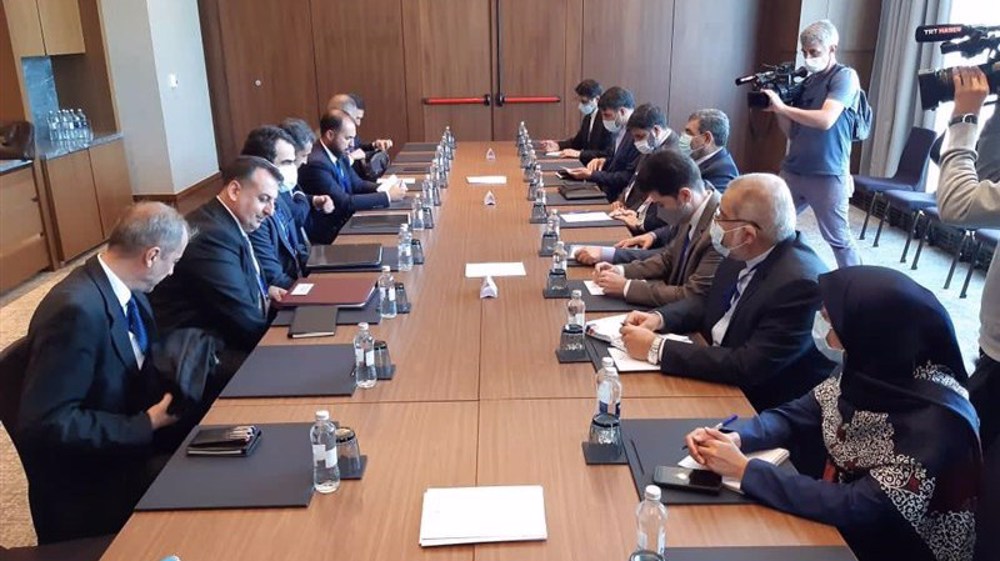
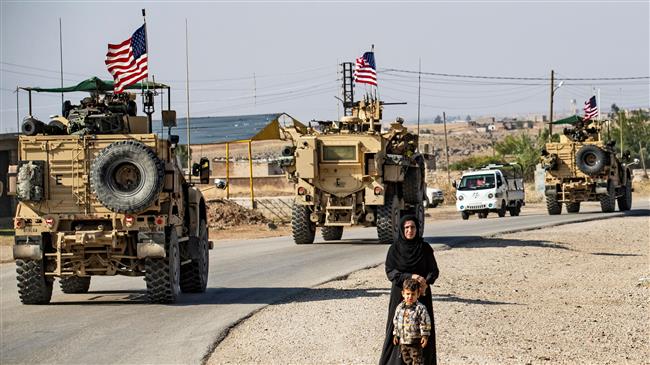

 This makes it easy to access the Press TV website
This makes it easy to access the Press TV website